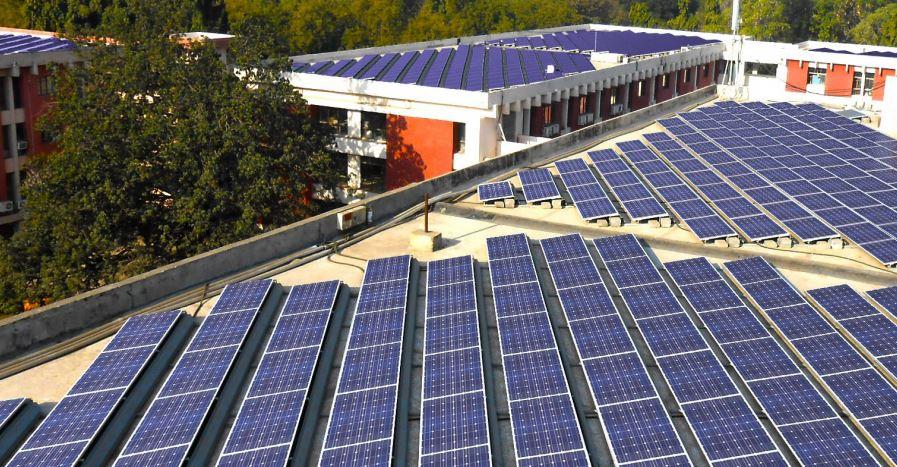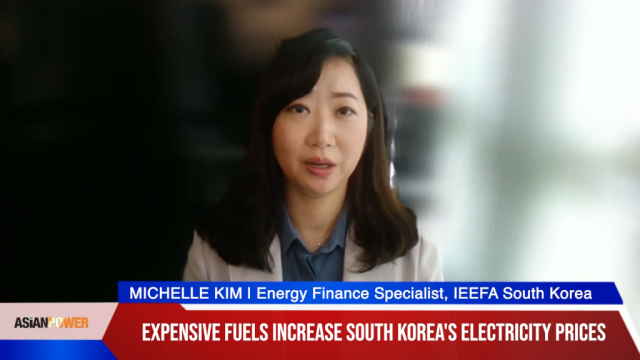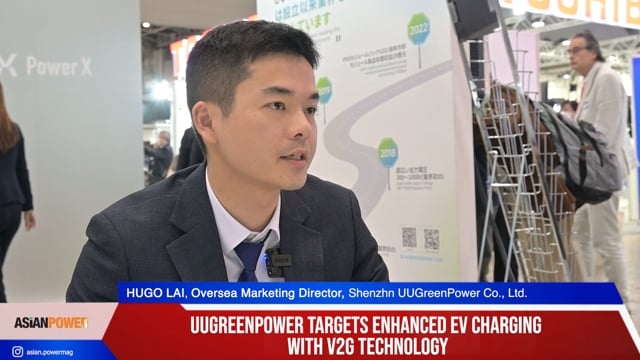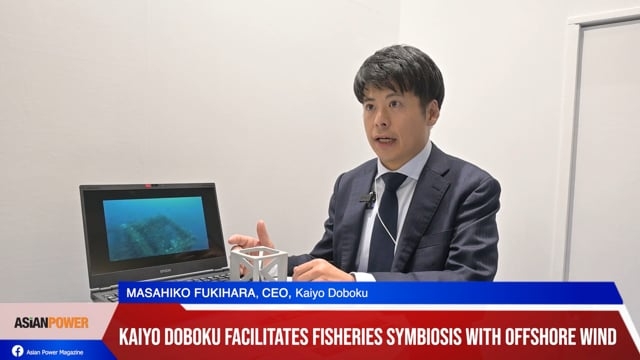
Renewable developers queue up for public offerings in India
Developers wanting to raise capital for new projects spur urgency.
Acme Solar and Sembcorp have announced plans to access capital markets for raising equity capital. Acme has filed preliminary papers for an INR 22 bn (USD 336 mn) initial public offering (IPO) with Securities Exchange Board of India (SEBI), accordng to Bridge to India.
Sembcorp has said that it may list its Indian unit either in India or elsewhere. Azure Power was the last Indian renewable IPP to list on New York Stock Exchange (NYSE) about 12 months ago. Our understanding is that Renew Power is also keen to launch an IPO sometime in the coming year.
Financial investors looking for exits and developers looking to raise capital for new projects is creating urgency in equity market activity. Deals are held up because of mismatch in pricing expectations and portfolio performance, investors are likely to take a cautious view because of poor performance of previous issues from both conventional and renewable IPPs.
Here's more from Bridge to India:
Investors are driving hard bargains and closures are likely only for credible developers at the right price levels. Solar sector has seen significant capacity addition and allocations in the past two years and developers are scrambling to raise capital to sustain business growth.
Nine private developers have built up solar portfolios exceeding 500 MW in the past couple of years – Adani (2,038 MW), Acme (1,713 MW), Renew (1,659 MW), Greenko (1,407 MW), Tata Power Renewable (1,382 MW), Azure Power (1,102 MW), Essel Infra (710 MW), Engie (694 MW) and Hero Future Energies (540 MW) in addition to wind capacity as of September 2017.
Financial investors, in particular, are looking for exits and that is creating urgency in primary and secondary equity market activity. Adani, Greenko and Tata Power Renewable, because of their large portfolio size, are the other potential candidates for an IPO in near future.
Unfortunately, the infrastructure investment trust (InvIT) and M&A routes do not appear very promising for renewable IPPs. The InvIT structure enjoys tax and regulatory benefits over conventional IPOs but poor performance of initial InvITs – IRB and India Grid, both trading at about 5% below their issue price – has spooked the markets.
Investors, financial or strategic, are aware of key risks facing the sector – slowing pipeline and falling tariffs, poor DISCOM credit, uncertainty about grid availability, plant performance etc. They have burnt fingers in thermal power IPOs (Reliance, Jaiprakash, Adani) and even Azure Power has been trading at more than 10% below its issue price.
In such an environment, lots of portfolios, across market, are available for sale or IPOs but deals are held up because of mismatch in pricing expectations. Our view is that investors are driving hard bargains and closures are likely to happen only for credible developers at the right prices.























 Advertise
Advertise







